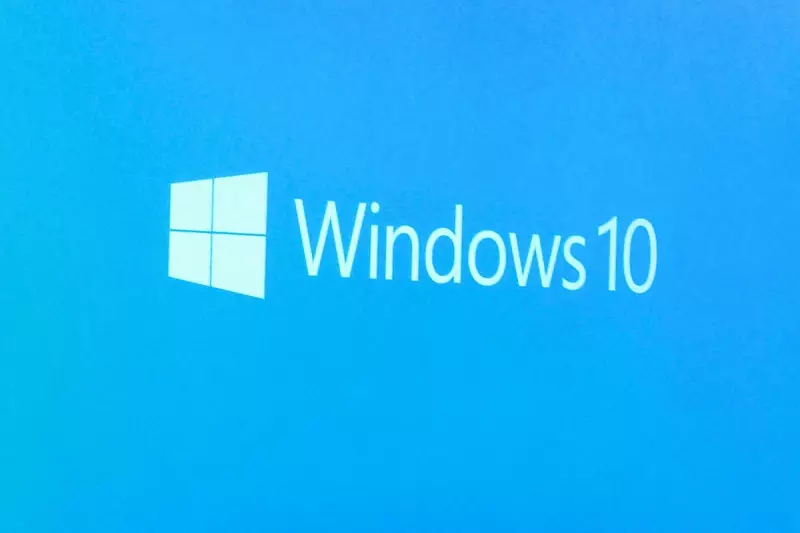
Millions of Windows 10 users across Britain are facing an unprecedented cybersecurity threat as Microsoft prepares to terminate all security support for the operating system, creating what experts are calling a "digital timebomb" for homes and businesses alike.
The Countdown to Vulnerability Begins
Microsoft has confirmed that Windows 10 will reach its official end-of-life date on October 14th, 2025, marking the complete cessation of critical security updates and patches. This decision leaves an estimated 240 million devices worldwide – including countless systems throughout the UK – exposed to emerging cyber threats and malicious attacks.
No Free Escape Route
Unlike previous Windows transitions, Microsoft isn't offering a complimentary upgrade path to Windows 11 for most users. The stringent hardware requirements for Windows 11 mean that millions of perfectly functional computers simply won't qualify for the new operating system, creating a technological dead end for consumers and organisations.
The situation presents a perfect storm for cybersecurity:
- No more security patches for newly discovered vulnerabilities
- Increasing sophistication of cybercriminal tactics
- Significant financial burden for hardware upgrades
- Potential collapse of support for business-critical applications
Extended Security Updates: A Costly Lifeline
Microsoft will offer Extended Security Updates (ESU) for Windows 10, but this programme comes with substantial annual costs that will increase each year. For individual users and small businesses already facing economic pressures, these recurring fees may prove prohibitive, forcing difficult decisions about digital security versus financial reality.
Business Continuity at Risk
UK enterprises relying on Windows 10 face particularly challenging circumstances. The combination of incompatible legacy software, custom business applications, and the massive expense of fleet-wide hardware replacements creates operational nightmares for IT departments nationwide.
"We're looking at one of the largest forced technology migrations in recent history," noted a cybersecurity analyst familiar with the situation. "The security implications for organisations that delay their transition could be catastrophic."
The Environmental Impact Question
Environmental advocates have raised concerns about the ecological consequences of discarding millions of functional computers. With Windows 11's strict hardware requirements effectively rendering capable machines obsolete, the e-waste implications could be substantial, conflicting with sustainability goals across the UK.
What Users Need to Do Now
- Check your device's compatibility with Windows 11 using Microsoft's PC Health Check tool
- Begin budgeting for necessary hardware upgrades if your system doesn't qualify
- Businesses should immediately start planning their migration strategy
- Consider alternative operating systems for older hardware where appropriate
- Ensure robust backup systems are in place during the transition period
As the October 2025 deadline approaches, the pressure mounts for individuals and organisations to navigate this complex technological crossroads. The decisions made in the coming months will determine the cybersecurity landscape for years to come, making proactive planning absolutely essential for every Windows 10 user in the United Kingdom.





